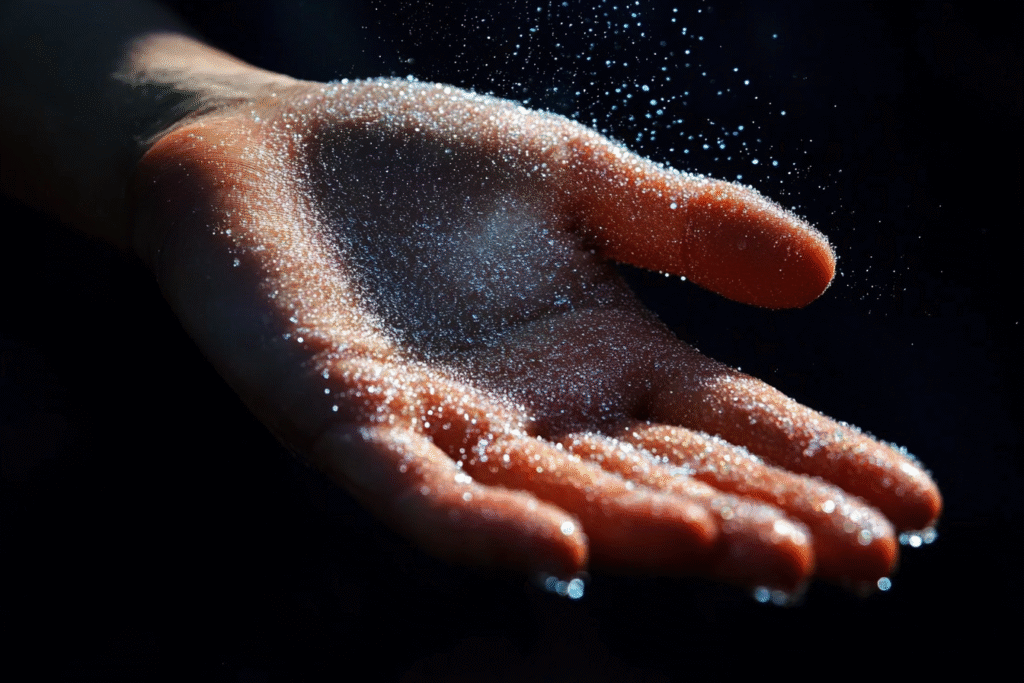
Zahra had always been the curious type. She’d read tea leaves in her grandmother’s cups, stared at clouds until they turned into sheep, and once tried to divine the future from the patterns on her cat’s fur. But this time, she decided to go full professional—by visiting a palmist. Or, as her best friend Fatima called it, “the human fortune cookie.”
Now, before we go any further, let’s clear something up. Zahra didn’t go to the palmist to learn about her fate. No, she went strictly for entertainment. Harmless fun, like reading the back of a cereal box or guessing how many raisins are in your oatmeal cookie. Not actual belief—just vibes and giggles. No superstition here, thank you very much.
So there she was, sitting in a tiny shop that smelled suspiciously like old incense and stronger regrets. The palmist, an older woman with so many bangles she could start her own percussion band, took Zahra’s hand and squinted.
“Ooooh,” the palmist said, dramatically, as if Zahra’s palm had just whispered state secrets. “I see… I see that you are in love.”
Zahra blinked. “Okay, fair. I mean, who isn’t at some point?”
“He is a tall man…” the palmist continued, her voice taking on the tone of someone narrating a soap opera.
Zahra leaned in.
“…with a front tooth missing.”
Zahra gasped. “How do you know that? That’s… actually true.”
The palmist smiled, revealing a gold tooth of her own. “Because it’s right here in the life line… or maybe that’s the WiFi signal. Hard to tell these days.”
“And,” the palmist said, narrowing her eyes like a falcon spotting a chicken nugget, “he has… ask.”
“Ask what?” Zahra asked.
“No, no. He has ask.”
Zahra looked confused. “Like, he has questions?”
“No! He has ask!” the palmist insisted, now sounding slightly insulted.
“…Asthma?”
“No! Ask! You know, like when someone talks and it sounds like their throat is trying to quit its job?”
“Ohhh!” Zahra said, realization dawning. “You mean he has a lisp!”
The palmist nodded furiously. “Yes! Ask!”
Zahra burst out laughing. “A man with a missing front tooth and a lisp? What’s he going to say, ‘I love you, Zahwa’?”
“Exactly!” the palmist said, delighted. “True love is not always clearly pronounced.”
And that’s when Zahra realized: this wasn’t a revelation. This was a reminder. She was in love with Kareem, the tall, gap-toothed poet who once serenaded her under a broken streetlamp and always said “thweetheart” instead of “sweetheart.” His lisp was adorable. His missing tooth? A soccer incident that he turned into a badge of honor.
The palmist handed back Zahra’s hand and said, “That will be ten dirhams.”
Zahra smiled, handed her the money, and as she walked out, thought: maybe the future isn’t written in our palms. Maybe it’s written in the way someone says our name—with or without the proper number of teeth.